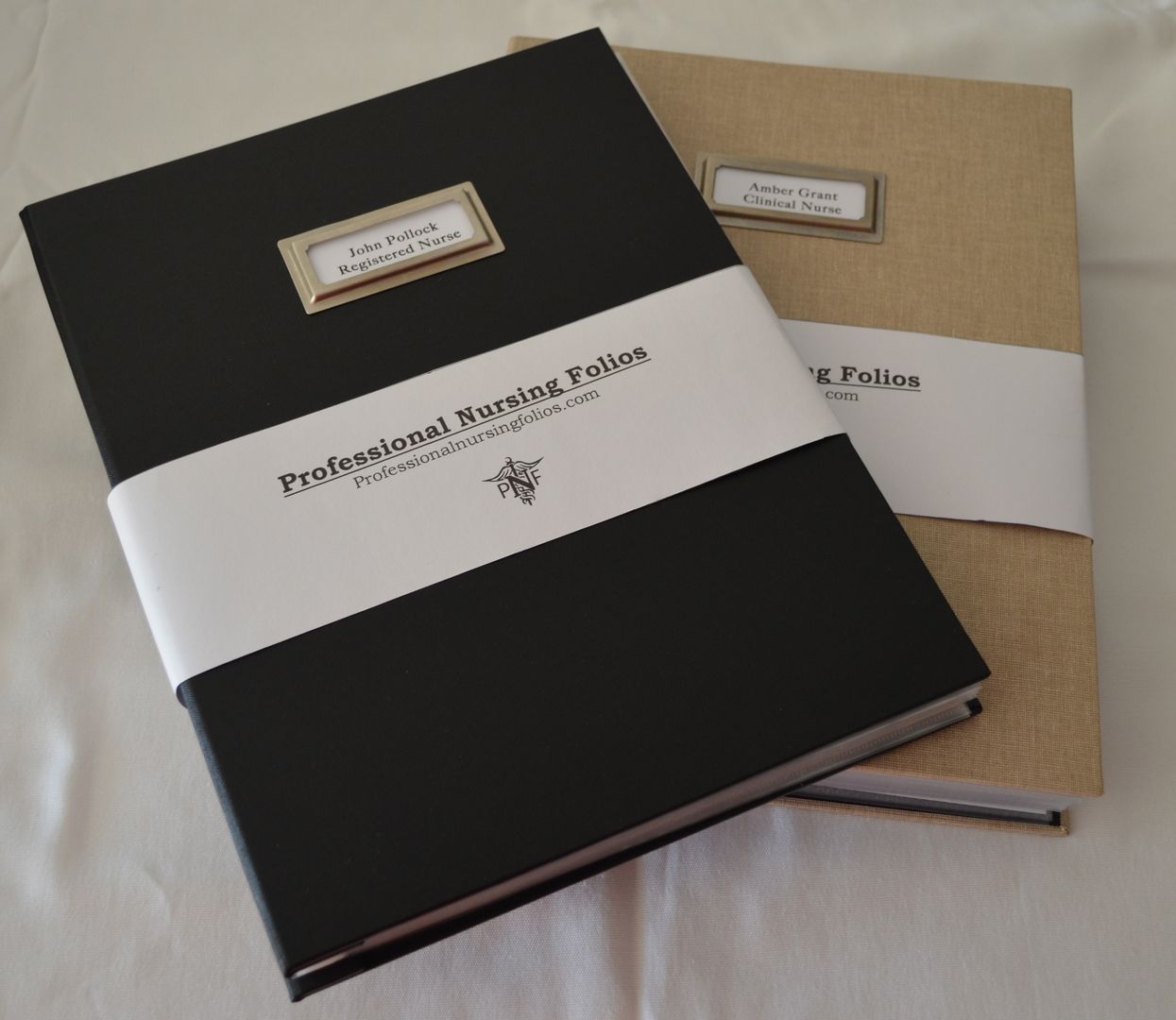Professional Practice Portfolio In Nursing
Sep 24,21Professional Practice Portfolio In Nursing
Question:
Discuss About The Professional Practice Portfolio In Nursing
Answer:
Introduction
Nursing is a professional career for providing care to all age groups in the medical field. Nursing constitutes caring for the ill ones, preventing diseases, helping the disabled, etc. The professional portfolios are the documents that contain the educational background, skills, and professional experience. In the nursing field maintaining a portfolio presents positive impacts on the care needing people. The more experience one has in the portfolio the more he or she is likely to get new clients (St-Germain, et al. 2020). The portfolio acts as a piece of evidence that demonstrates the knowledge and expertise of the person in the nursing profession. Nursing is a complete service-providing sector where the relationship between the caregiver and patients is built upon trust. The report will hence, discuss about the significance and importance of professional portfolio in the nursing profession and firstly, a brief idea about the Professional Practice Portfolio in nursing will be provided and this will be followed by the second part in which the importance of a professional portfolio in nursing will be discussed. And the report will finally discuss about the use of a professional portfolio in the nursing profession.
Meaning of Professional practice portfolio in Nursing
It is critical to preserve authentic and up-to-date documentation of someone’s experience as one stride to higher levels in their nursing profession. An essentially fruitful approach to retain educational, medical, and professional successes is to create a professional nursing portfolio. A professional portfolio serves as a record of the abilities, accomplishments, and incurred through the nursing experience. Moreover, it serves as proof of the skills and knowledge gained as a result of the accomplishments. A portfolio is an integrated set of data that serves as documentation of a nurse’s professional practice, learning, and progress through time. It may include information on professional development and practice experience, present and former job duties and responsibilities, and other achievements and interests (Sidebotham, et al. 2018).

A summary of schooling, licensing credentials, and work experience should be included in the professional portfolio, along with relevant documents including photocopy of university certificates or graduate transcripts, licenses, continuing professional education units, in-service participation, awards, yearly performance evaluations, dates of promotional activities, and recommendation letters from active and ex-employers or coworkers. Creating a professional portfolio may assist nurses at all levels. Although the notion of a business adventure is not unique in nursing, an examination of the research reminds registered nurses of its importance for nurses’ professional and personal development and progress. A well-designed portfolio seems to be a visual depiction of a nurse’s professional development throughout time. The portfolio doesn’t somehow replace a nurse’s college transcript entailed in the curriculum vitae (CV) or résumé; instead, it is the material that backs up what the CV says.
Importance of professional practice portfolio in Nursing
It gives colleagues, potential employers, and educational instructors a complete picture of how you got to where are now as a clinically proficient nurse. A professional portfolio isn’t the same as a résumé or curriculum vitae, which generally includes fundamental information such as educational institutions attended, current and previous nursing roles the nursing practitioner had, and other biographical and demographic data (Cope, et al. 2018). Nurses’ portfolios document their growing knowledge, encounters, skills, and talents throughout their careers, demonstrating personal mastery and service excellence. Portfolios are a visual representation of a nurse’s professional accomplishments. Portfolios allow nurses to demonstrate their expertise and professional preparation. This is especially important for healthcare practitioners and nursing students who are learning and practicing in increasingly complicated educational and practice contexts. Creating a portfolio encourages nurses to be creative throughout the process, allowing them to accomplish the following:
• Over time, keep a strategic record of personal, educational, and business activities and achievements.
• Guide important decisions on individual decisions and extracurricular activities, educational and training objectives, and career prospects.
• Demonstrate knowledge and KSAs in the relevant study and practice domains.
• Validate and enhance competence using narratives that link reflective practice to practice standards, and develop relevant and meaningful capabilities with ongoing professional development.
• To provide more comprehensive examples during performance-based interviews, job applications, scholarships, grants, incentives, or professional advancements.
• Validate and enhance competence using narratives that link reflective practice to practice standards, and progress relevant and meaningful capabilities with ongoing professional development.
• When it comes to entering academics or the workforce, as well as transferring into new professions, the portfolio demonstrates the unique credentials necessary for distinct employment.
• Act as a document needed for regulatory bodies, accreditations, performance evaluations or assessments, or qualifications to demonstrate portfolio-based competence assessments (Examples include VA Nursing Professional Ethics Board evaluations, North American nursing diagnosis Accreditation Center accreditation renewals and National Association for Preceptor Development certifications to Clinical instructor Specialists) (St-Germain, 2019).
• Examine and map the extent to which leadership development, optimal learning, and professional growth can be ensured, secured, and expanded (e.g., serving on various committees, projects and task force groups, and inter-professional collaborative teams; completing preceptorships and mentorships)
• Assist with academic and career choices (e.g., artifacts for progressive career ladders)
• Consider your personal and professional development as a result of the studies, work, and information applications to achieving personal objectives and acquiring wisdom (e.g., show enhanced critical thinking skills and abilities to safely engage in complex projects or activities)
• For academic or job credit, to document past work and living experiences, obstacles that had been overcome, and life lessons learned.
• Use a variety of media (e.g., technology) and other artifacts to communicate the greatest level of personal competence and professional preparedness.
Use of professional practice portfolio in Nursing
Professional portfolios are progressively being used by nurses to keep track of ongoing learning and reflection, as well as to indicate that they have completed their professional obligations. Nurses can use a portfolio to organize and manage their revalidation or re-registration papers in one location, making it easier to update and generate them as needed, such as for performance evaluations or job applications. Nurses must engage in continuing professional development programs to maintain, update, and enhance their knowledge and practice, and they can document these activities in their portfolio (St-Germain, et al. 2020).

Developing and maintaining a portfolio may also help nurses recognize their strengths and areas for improvement, as well as build a learning plan to meet those requirements. A business coach is deductive reasoning of specially picked components that provides compelling evidence of even a nurse’s job opportunities, curriculum, and instruction.
Conclusion
The professional portfolios in nursing would provide a visual tour over the experience and expertise of an individual nursing professional to check whether he or she can meet the professional expectations of the health settings or not. It further adds the educational background that showcases the specialization of the caregiver. Professional portfolios are valuable tools for the nursing professionals to present their competence level and reflective live experience over the nursing services (Nalom, et al. 2019). However, attaching the important documents such as the educational background details, expertise license or certification and previous job experience proofs, and any achievement or appraisal gained during the service would create an effective portfolio. The professional portfolios help the nursing personnel’s growth and development by making them eligible to work in better places. Therefore, it as part of the career planning process for the nursing professionals, the better the portfolios are, the more they are likely to get hired at prestigious institutions.
References
Cope, V., & Murray, M. (2018). Use of professional portfolios in nursing. Nursing Standard, 32(30).
Nalom, D. M. F., Ghezzi, J. F. S. A., Higa, E. D. F. R., Peres, C. R. F. B., & Marin, M. J. S. (2019). Health education: learning from professional practice. Ciencia & saude coletiva, 24, 1699-1708.
Sidebotham, M., Baird, K., Walters, C., & Gamble, J. (2018). Preparing student midwives for professional practice: Evaluation of a student e-portfolio assessment item. Nurse education in practice, 32, 84-89.
St-Germain, D. (2019). The INSEPArable research project: a transdisciplinary caring approach to the design of a portfolio for reflexive nursing practices. International Journal of Caring Sciences, 12(1), 132-141.
St-Germain, D., Bélanger, L., Côté, V., & Gagnon, C. (2020). The INSÉPArable portfolio tool to sustain continued education and the professional development of nurses for a full scope of nursing practice and enhanced patient safety competencies: An ethnographic study. International journal of nursing studies advances, 2, 100011.





